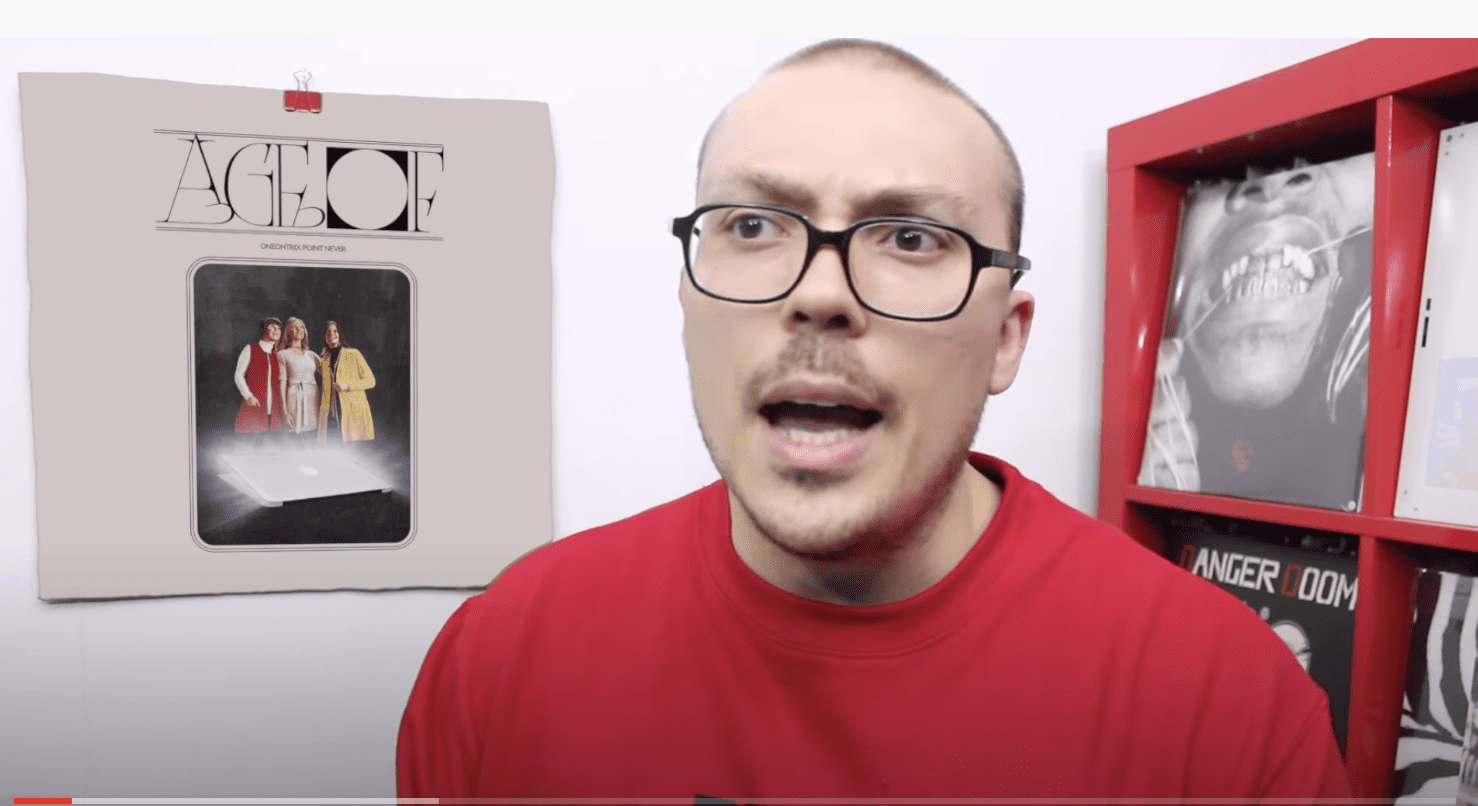In the realm of modern music discourse, hot takes, and Pitchfork ratings, we’ve seen music commentary evolve and spread across various platforms. We’ve seen algorithms designed to spoon-feed us music we are mathematically calculated to consume and enjoy. We’ve seen the rise and subsequent cult-following of figures like Anthony Fantano, aka TheNeedleDrop, shaking up music discourse as we know it.
Fantano, the self-proclaimed “Internet’s Busiest Music Nerd,” has acquired a loyal following over the years through his YouTube channel, as his scrupulous and sometimes provocative commentary style has gained notoriety.
His album reviews follow a common structure – background about an album or artist, a track by track analysis, and some conclusive musings. Harmless, right? Until the guillotine drops, and the album is branded, blessed, or tarnished with a numerical rating – determining its fate of dismissal or infamy.
I never had an issue with Fantano’s opinions inevitably being brought up in music discussions. They were a topical point of comparison, something to grapple with, a take you can get behind or ignore entirely. However, I’ve come to notice that Fantano’s influence has shapeshifted from a trivial point of comparison to something more pervasive. Recently, a friend of mine was fumbling with an aux cord to show me a song she liked, but paused for a moment before she hit play. She prefaced the song with: “Fantano gave it a woeful rating. But I don’t mind it!” – A sentence soaked in self-censorship. I was struck by the fact Fantano’s opinion preceded her one. How did this flannel clad, mediocre bass player become so deified, and characterised as a figure of absolute truth?
Fantano culture has developed into something more monolithic, with fans beginning to possess an unquestioning loyalty to his opinions. This could possibly extend from the flavour of absoluteness to his rhetoric – which seems to outweigh his attempts of maintaining a sense of subjectivity. This attitude has seemingly, in turn, permeated throughout his fanbase. It can bring one to question – does an unwavering faith in someone else’s opinion stifle the ability to cultivate your own?
Fantano’s reduction of albums to a numerical rating has become somewhat weaponised by his loyal viewers. Sharing appreciation of an artist can now immediately be nullified in the form of a swift dismissal: “Fantano gave that a 4”. In this culture of self-censorship, and intrusive thoughts in the form of Fantano ratings, numbers have evolved into a no-fuss substitute for a detailed opinion. It injects a sense of absolutism into a place of subjectivity.
The notion of repressing one’s own opinions and adopting the subjective takes of those who crowdsource credibility is dangerous. It can be deemed counterproductive within subjective disciplines like music and art. Disciplines that call for people to share their diverse perspectives – rather than coil under the authority of those who dictate their opinion. Will dependency on figures like Fantano result in people malfunctioning at the request for an authentic opinion?
Fantano culture has, however, had an opposite impact on some. His controversial opinions have almost set a precedent of hot takes, making others feel comfortable to share unpopular musical opinions that could leave them shunned, or perhaps socially estranged. Fantano has given critically acclaimed albums, such as Kanye West’s My Beautiful Dark Twisted Fantasy, somewhat rudimentary ratings. MBDTF was hit with a “Strong 5 to a Light 6” – unleashing an enduring sense of havoc amongst Fantano’s fanbase. Ironically, it seems that his unpopular opinions have led to a sense of robust musical discourse – for the most part. The response to Fantano’s rating of MBDTF also manifested in masses of fans mindlessly bashing their keyboards, demanding a re-review. The overwhelming backlash is further proof of the grasp and influence of Fantano’s singular, individual opinion.
It can be argued that the problem with Fantano culture is not Anthony Fantano – but the complacent commitment to his opinions by many. There are certainly organic components to the Fantano culture, where fresh ideas are exchanged rather than an echo-chamber of recycled ones. However, the culture of lazily adopting Fantano’s opinions at the expense of one’s own must be rectified. Absolutism in the fields of art and music is simply incongruent with their subjective nature. Conflicts of artistic opinion should be embraced rather than conquered, or slammed with a reductionist rating.
On account of this, I have to give Fantano culture a light 4 out of 10. Redeeming factors include the abundance of hot takes and thought-provoking reviews. Points have been shredded off accordingly due to the lingering taste of dogmatism.





